Understanding Plurality: A Unifying Vision for a Diverse Future
Interview with Audrey Tang, Glen Weyl and Hal Seki
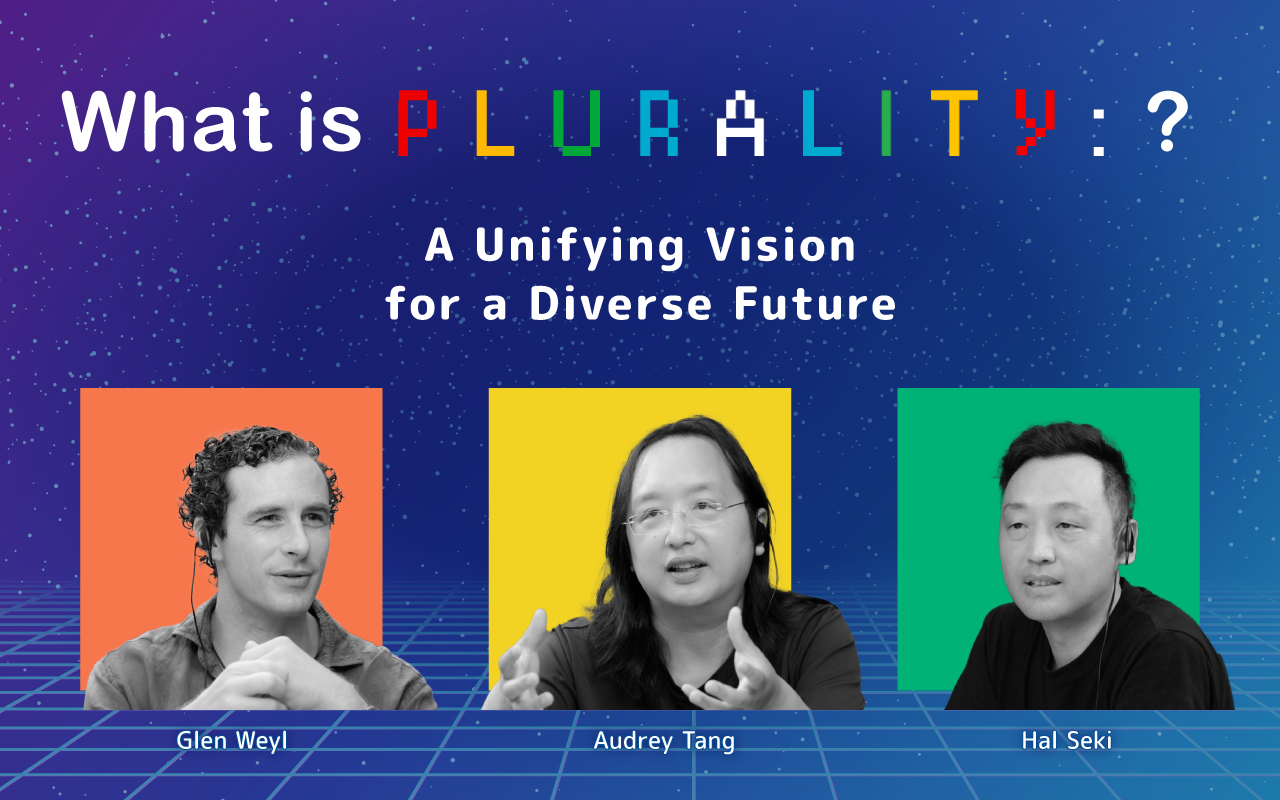
What do you think the future of humanity will look like? A super powerful AI doing all our work for us while we kick back and relax? Robots taking over the world and forcing us to work even more? Or will things be pretty much the same, but in VR?
Despite science fiction coming up with a few good guesses here and there, we're surprisingly bad at predicting the future, and for one good reason: The world is too complex, too vast, and too unpredictable for us to fully understand, let alone anticipate.
But what if we took this complexity and set it at the foundation of our vision for the future? Rather than picturing a single path for all humanity, we could embrace society's rich diversity and acknowledge that we're traveling simultaneously down many different paths. Then our focus would be on linking those paths together, channeling technology and innovation to co-create a future that benefits everyone.
This is the approach championed by Audrey Tang, the first Digital Minister of Taiwan, and Glen Weyl, economist and lead researcher at Microsoft. Both are pioneers of the Plurality movement, represented by the symbol ⿻, and have recently published a book to present their vision to the world. To further disseminate their ideas, their book, PLURALITY, is being translated into Japanese by Cybozu-shiki Books.
Audrey and Glen were joined by Hal Seki, civic hacker and founder of Code for Japan, in a conversation moderated by Cybozu's own Hirokazu Nishio, about how Plurality and civic tech may come to shape the future of how society is organized.
Old principles adapted for the digital age
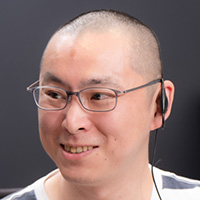

The consequence of this type of thinking is rigid hierarchies, because nobody wants to challenge people with different opinions.
Plurality is a way of organizing groups of people that encourages us to use our differences as fuel. When someone disagrees with you, build a bridge. Don't let those disagreements explode into hate, but use them as energy toward innovation and change.
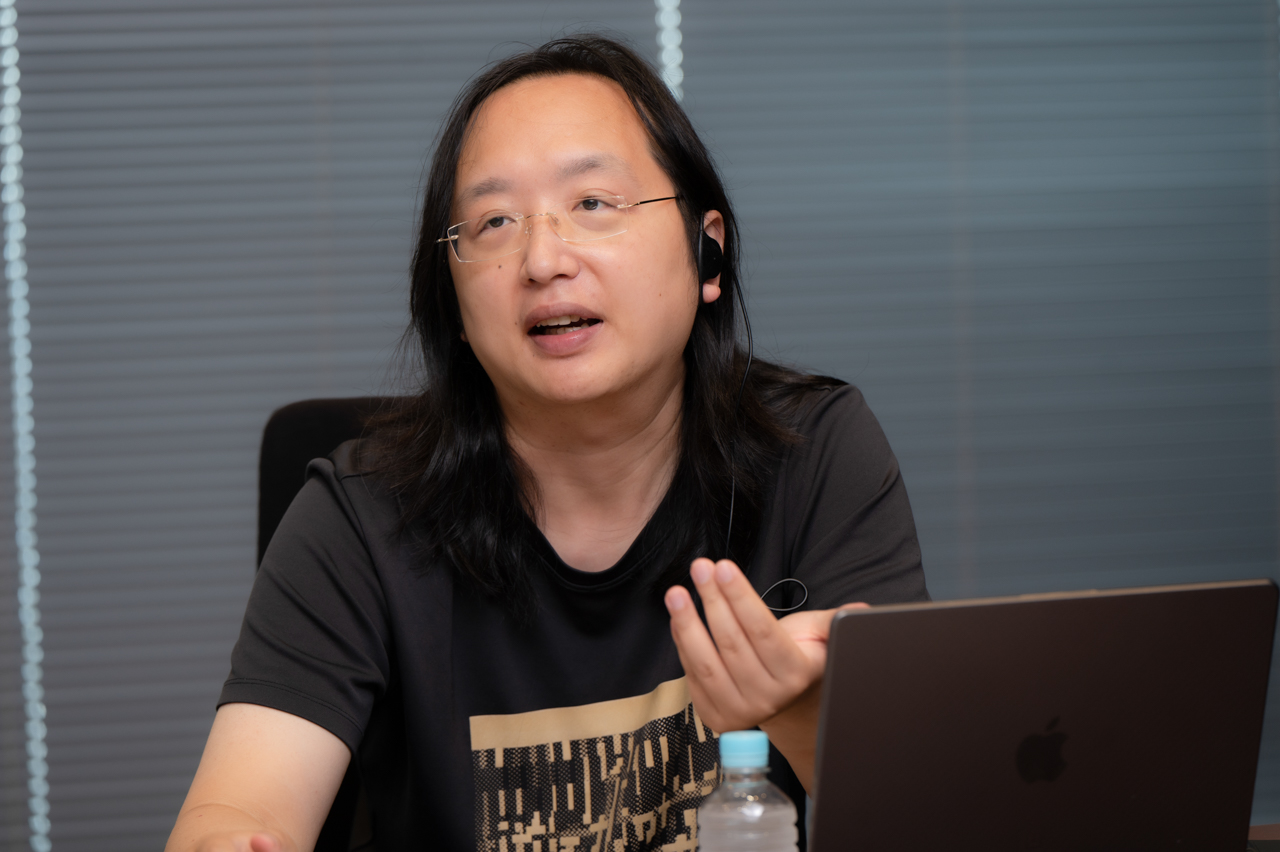
Audrey Tang began to learn programming by herself at age 8. She dropped out of junior high school, and at age 15 was working as a programmer. At 19, she founded a startup in Silicon Valley. She later served as a consultant for Apple, before ultimately joining the Taiwanese government during the Tsai Ing-wen administration. In 2016, she became Taiwan's first Digital Minister.

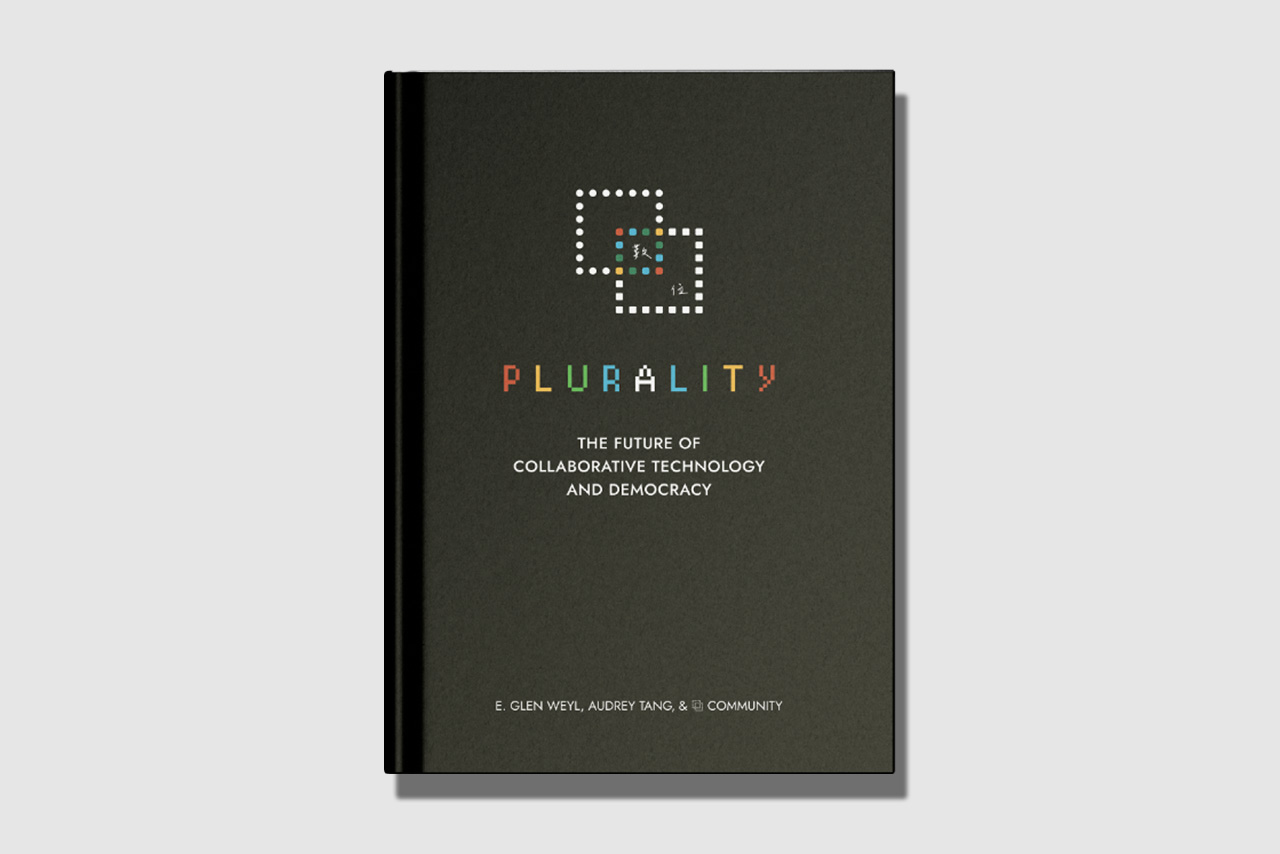
『Plurality: The Future of Collaborative Technology and Democracy』Published on May 20, 2024
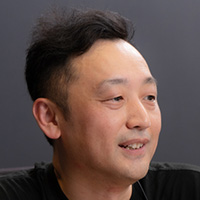


The reason this happens is not because of the way our society is currently organized, but because of the way it's conceptualized. The human mind is limited, and cannot conceive of complexity on a global scale. So instead, one understandable reaction to society's complexity is to band together with the people who share our world view, deny everyone else, and set comfortable but artificial boundaries around our own reality.
Plurality offers a different path. We encourage people to embrace complexity in order to feel comfortable with the world they actually live in. The underlying principles are not new. Plurality is a modern restatement of the centuries-old ideas we find at the core of Daoism and Zen Buddhism, as well as much of Western philosophy.
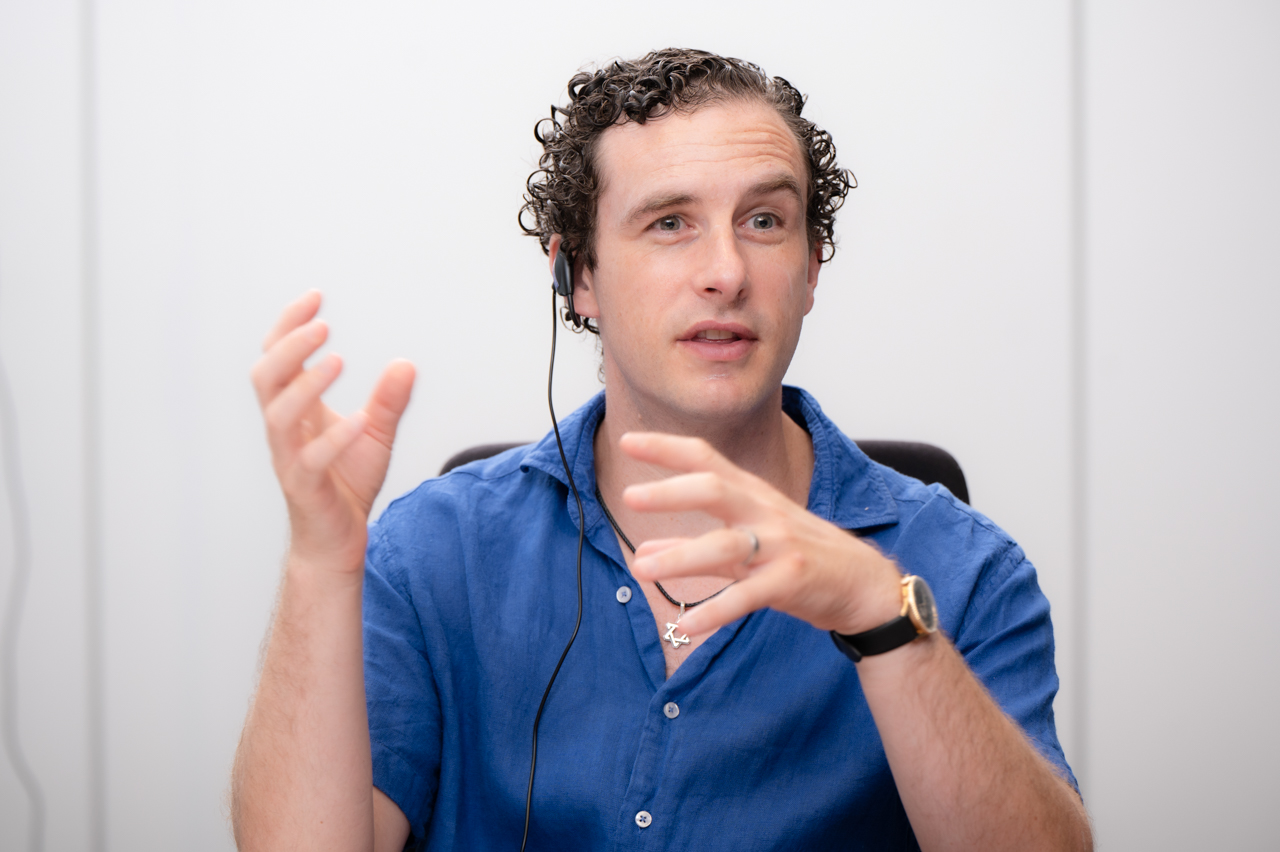
Glen Weyl is an economist and a Research Lead at Microsoft. He is the founder of RadicalxChange and the Plural Technology Collaboratory & Plurality Institute. Weyl was named one of WIRED's "25 People Shaping the Next 25 Years." The primary focus of his research is on next-generation political economy.

Both of these narratives have a sense of inevitability, as if they were logical conclusions to how society must evolve. Plurality is more conservative, in the sense that it is about conserving ideas and ways of life that are already working.
The modern world is too complex for any single individual to predict the future. So rather than try, we conceptualized a framework in which technology can bring together multiple ways of thinking and diverse ways of life.
Demonstrating change


Gradually, these mechanisms of co-creation became institutionalized. In 2018, Taiwan held its first Presidential Hackathon, as a safe space for government officials and civil society to interact and spearhead new digital initiatives.
The trust established between government and citizens then truly paid dividends during the coronavirus pandemic. Everyone participated in Taiwan's collective response. All sorts of new initiatives were rapidly deployed, with perhaps the most famous being the Face Mask Map. Through the Plurality movement, I hope to introduce the principles that worked so well in Taiwan to the rest of the world.



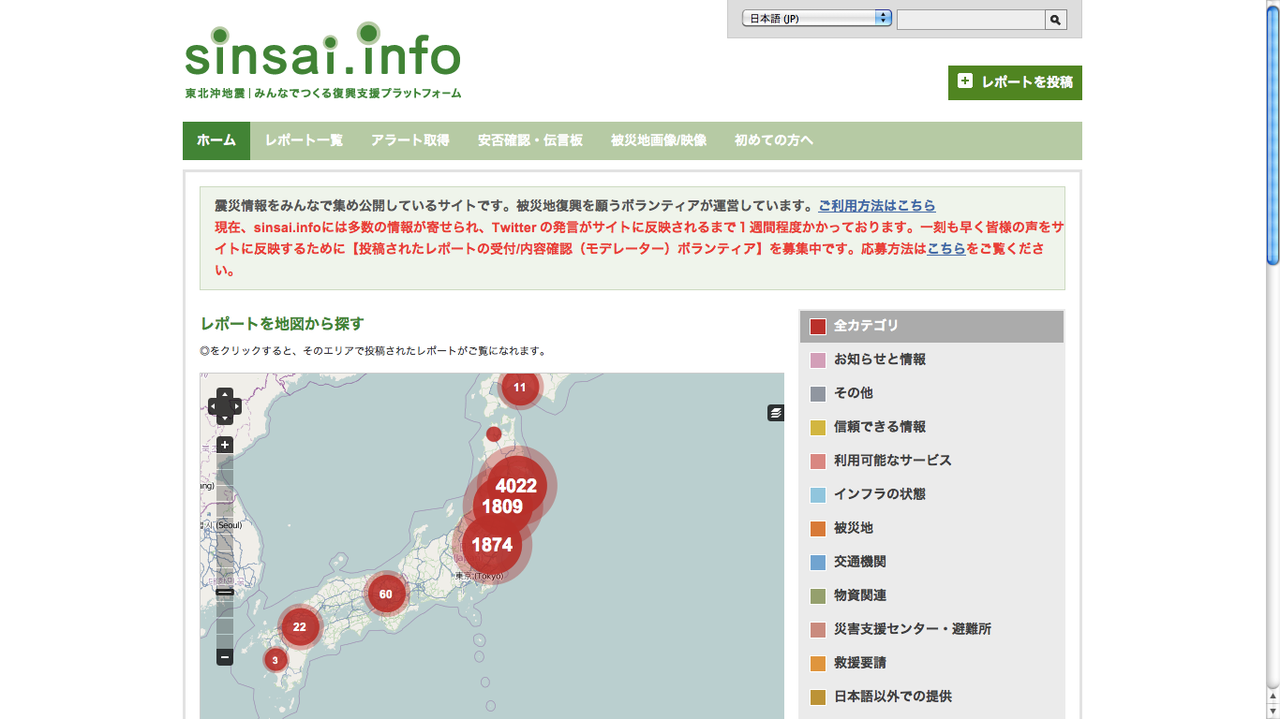
Sinsai.info, a website that compiles disaster information related to the Great East Japan Earthquake (Tohoku Region Pacific Coast Earthquake). The site offers 19 categories such as "Affected Areas," "Transportation," and "Safety Confirmation & Status." The number of reports published is displayed on the map as numbers for each area.

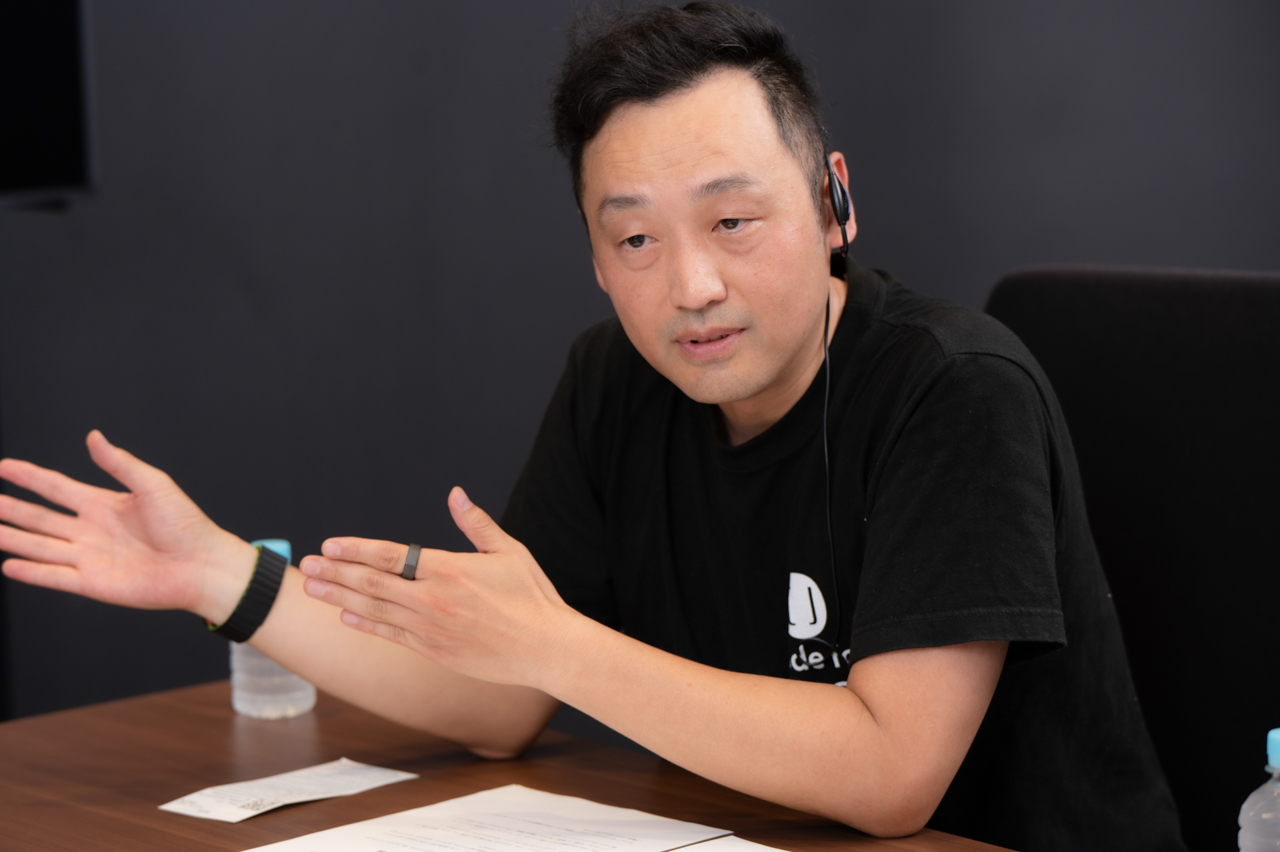
Hal Seki is the founder of Code for Japan and operates with the motto of "Making communities more livable through technology." He promotes civic tech in Japan and leads Georepublic Japan, a company specializing in open-source GIS system development, as CEO. Seki is also the President of HackCamp, which supports open innovation in businesses. He serves as the Chief Innovation Officer (part-time) for Kobe City and as a Digital Transformation Fellow for the Tokyo Metropolitan Government.


Also, unlike in Taiwan, I think many Japanese are so accustomed to democracy, for better or worse, that they have little sense of urgency. Relatively speaking, Japanese people seem to be less motivated to break down the barriers between the private and public sectors and take proactive action, even when they are dissatisfied with the government.
Helping the helped become the helper


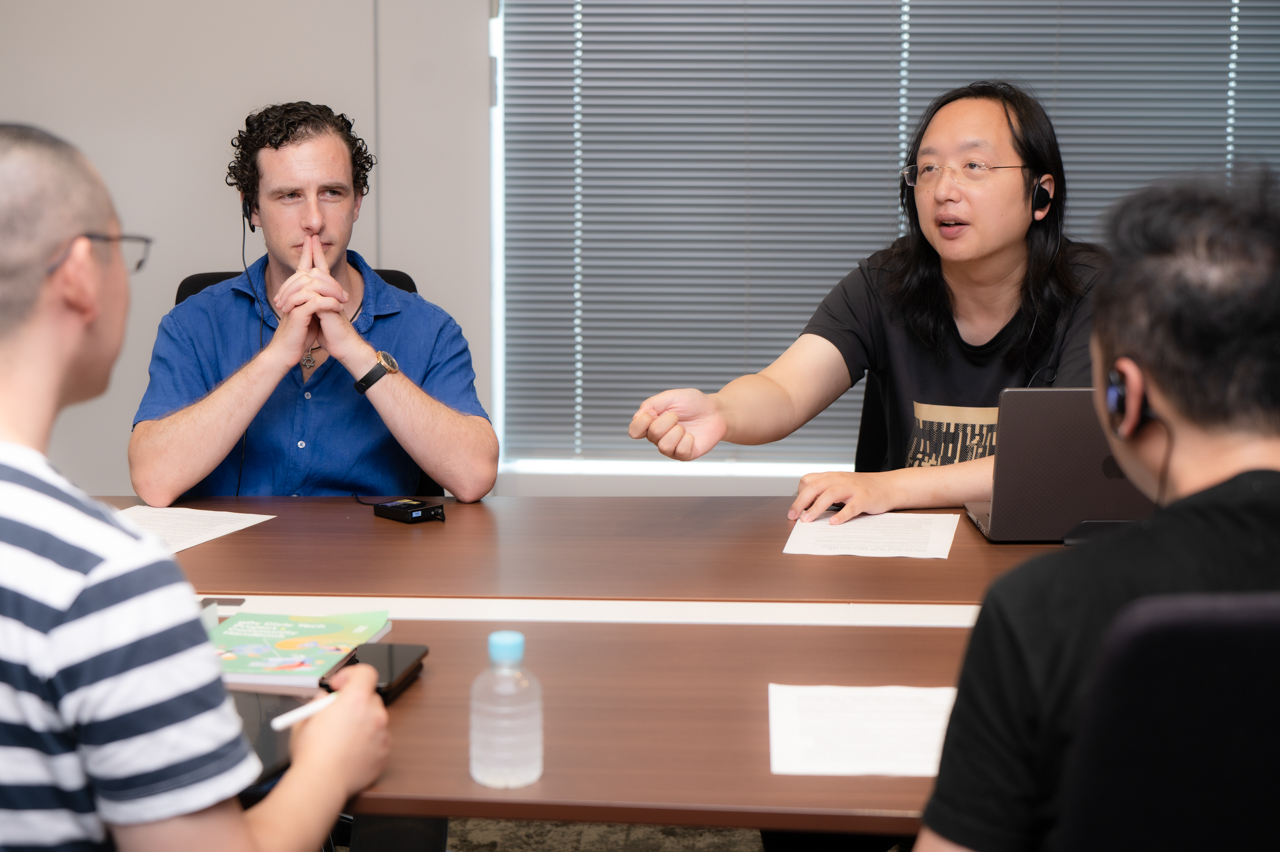

Young people are already familiar with online interest groups, but if we want to preserve our cultural identity, we need to involve older people as well.Technology can offer people an opportunity to transcend physical boundaries and come together to form new, dynamic communities.

If a person finds purpose in their way of life, it is not our role to disrupt them. For example, take the man at the intersection directing traffic. He may find purpose in seeing the smiling faces of the children who he's helping to cross the road. Automating his job would not benefit the community.
We should focus instead on automating things that don't actually increase social participation or care within the community—things like making people go all the way to City Hall to fill out a document.

We need to create opportunities like volunteering, so people can give back to their communities. In other words, we need to help the helped become the helpers.
Plurality as a business tool



Plurality seeks to integrate public and private. While I don't think all private companies necessarily begin with a strong social purpose, with Plurality, they can discover it along the way.
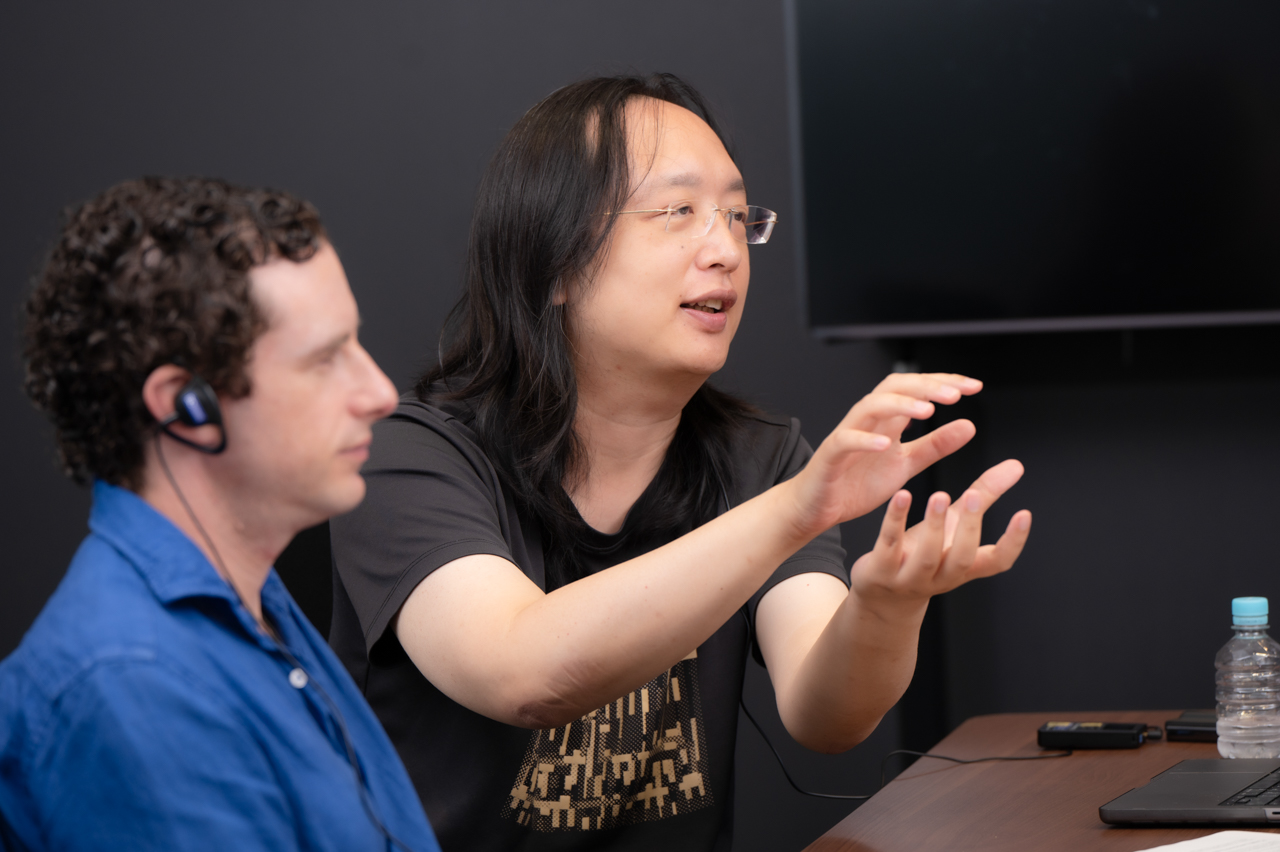

There are plenty of ways in which businesses can generate a profit by selling products that align with the principles of Plurality. Anything from taking a percentage off of the services they offer, to more complex mechanisms like quadratic funding. Finding economically viable ways to spread Plurality is not only possible, but actually critical to lending the movement legitimacy.



I'm an economist by training, and in many ways the Plurality book is a business book. We need to promote it to corporations as such.
A movement for everyone

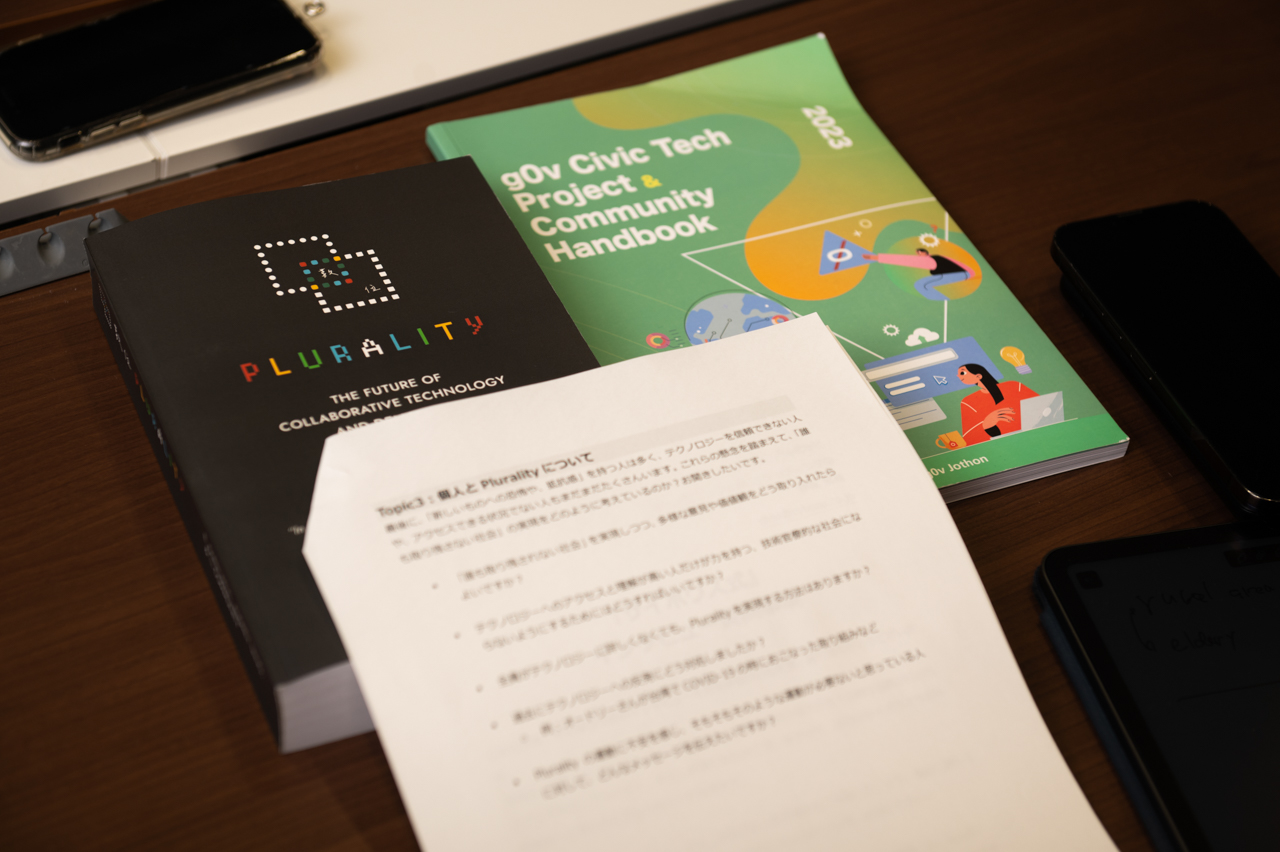


My future plan is to create an institution—a foundation with 10 billion yen worth of funds that can be dispensed to support civic tech projects contributing to the public good for a span of up to ten years. We are hoping to raise the money through investments and collaboration with both the private and public sectors.


The main reason we are able to involve diverse people is because of the democratization of technology and the rise of no-code tools, like Kintone. Nowadays you don't need to understand programming languages in order to work on civic tech innovation. All you need is imagination.
The challenge for those who do have engineering skills will be to listen broadly and incorporate as many people as possible into the movement. For civic tech to be successful, the people impacted have to be actively involved in the co-creation process.

This cultural layer of the movement will be unique to each community, which is why it's so important to expand beyond the tech and engineering world and branch out throughout society.

I also think it's important for us to spread the philosophy of civic tech to businesses, which will require us translating that philosophy into activities they can easily understand. We can suggest specific areas in which businesses can make an impact, such as declining birth rates and climate change.

Around the world, there are so many exciting initiatives happening right now to expand the Plurality movement beyond the civic tech community. We are constantly creating new avenues to get involved, whether it's through the book, the website, Discord servers, or organizations like Code for Japan. So if reading this article has gotten you interested in Plurality, we would love for you to join us.
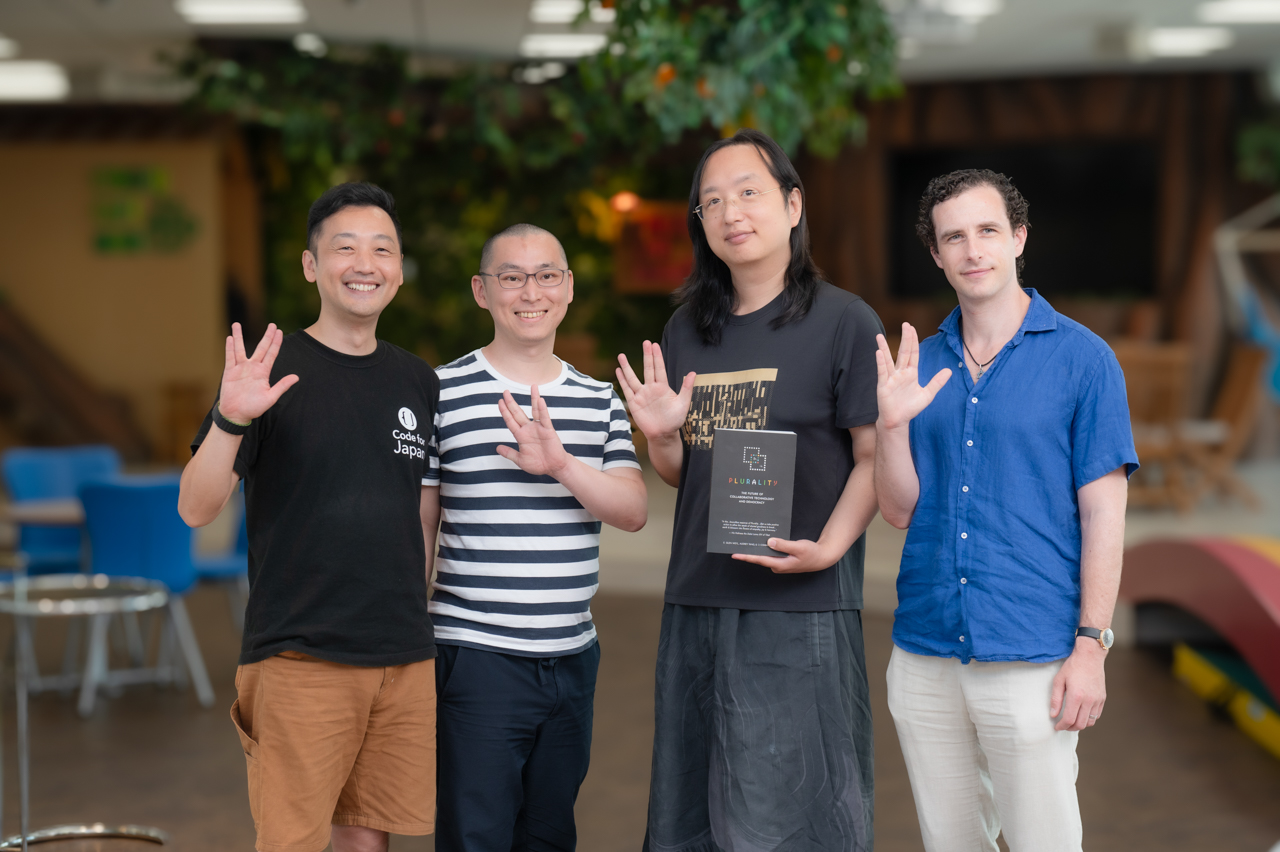
Article by Alex Steullet. Edited by Maki Jimbo. Photographs by Tsukasa Ogi.
Writer
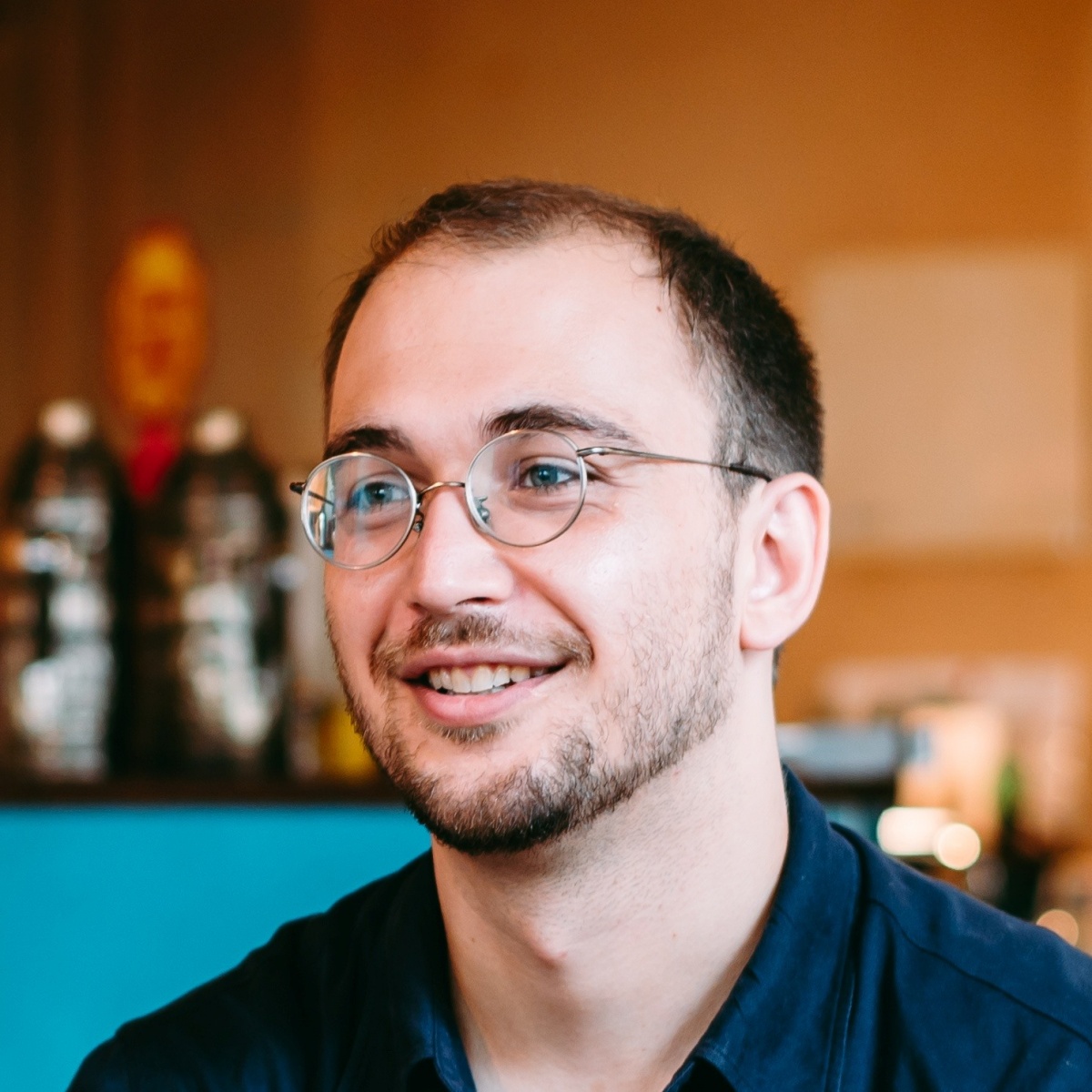
Alex Steullet
Alex is the editor in chief of Kintopia and part of the corporate branding department at Cybozu. He holds an LLM in Human Rights Law from the University of Nottingham and previously worked for the Swiss government.
Photographer
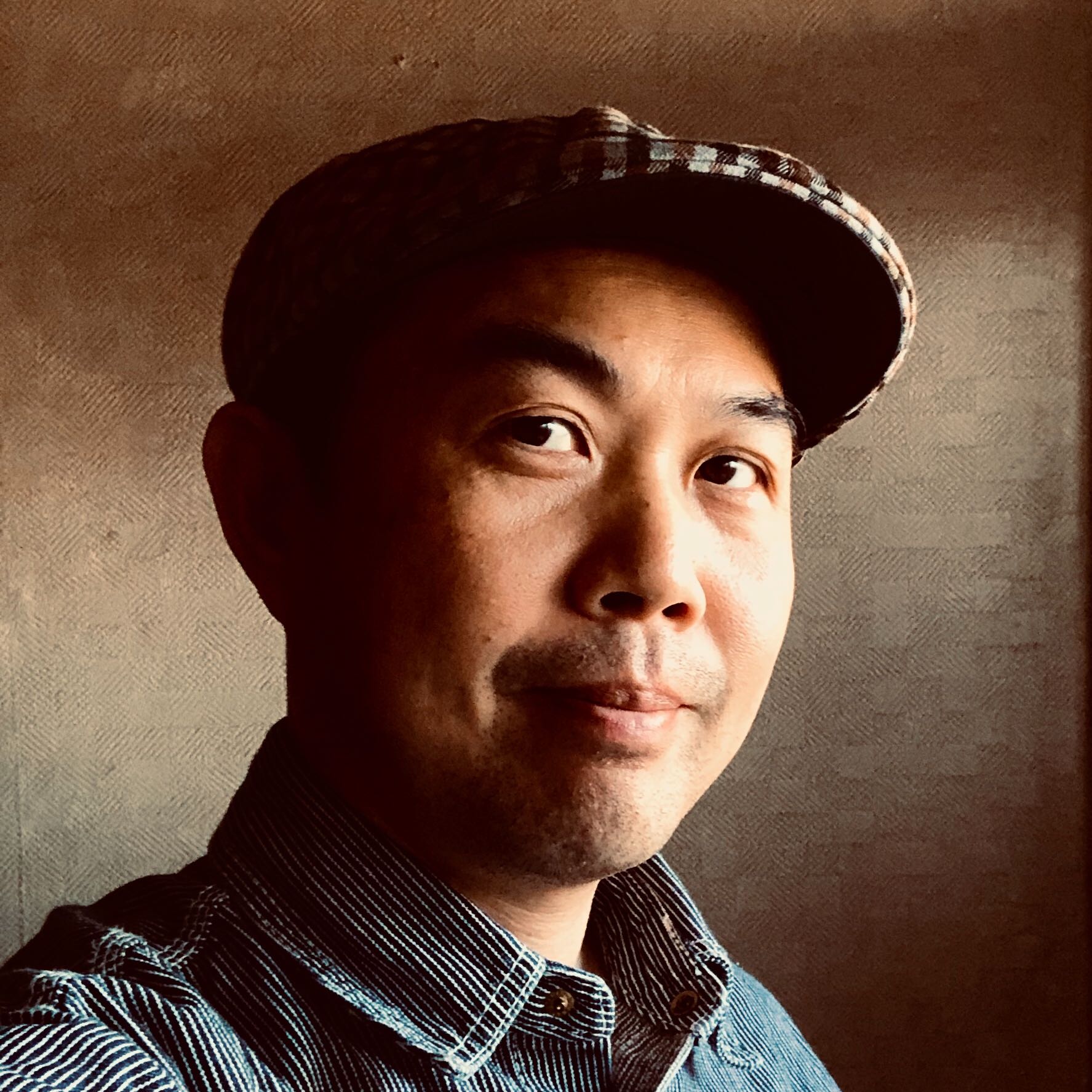
Tsukasa Ogi
Tsukasa Ogi is a freelance photographer specialized in human photography. He works primarily for online media, magazines and corporate media.

